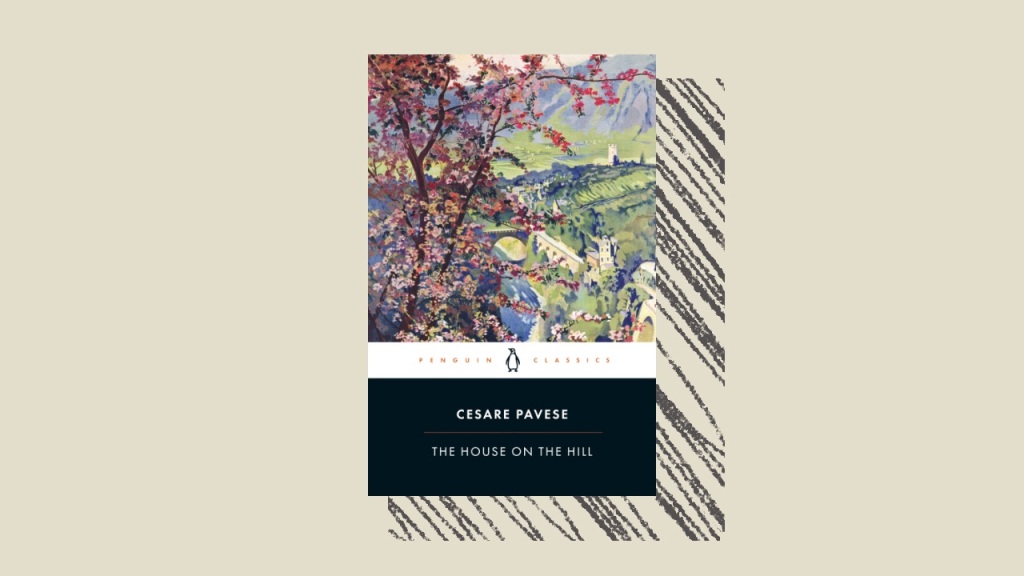Pavese heads will recall my obsession last year. I’m determined to make my way through his English language oeuvre, see what’s worth reading in English and what needs a new translation desperately.
The House on the Hill hits an emotional depth that wasn’t quite as clear in Pavese’s other books (maybe with the exception of Among Women Only). In this one, the main character has rented a room up on a hill outside Turin. He occasionally strolls into the city, but otherwise spends his days wandering around the hillside with his hosts’ dog, or dodging amorous advances from the younger of his two female housemates. One evening, he hears singing, and ends up finding a group of anti-fascists (including a previous love affair, and her aptly-aged child). While the group is actively participating in anti-Fascist war efforts, the main character provides little more than philosophical entreaties. He isn’t quite a part of the partisan group, but he isn’t a Fascist either. He is morose about the state of war, believes it will be endless. Eventually, when the group must disband, the main character finds himself on the run from persecution, identification, and more. But in the end, everyone gets swept up in a war that’s determined to come for us all.
The character’s struggle with political involvement rings so true for today’s endless war, which takes place both at home and abroad in the form of attempted genocide and ethnic persecution. His inability to fix things, coupled with his inability to feel like he could change anything, reminds me a lot of op-eds and conversations in the last four years (this god-awful state of elitist frustration that attempts to be politically correct, without much action).
Pavese’s writing, as always, cuts to the quick. I highlighted passages upon passages, from short, mind-numbing bites:
“Only life, naked life counted. Registers, schools and corpses were hardly worth mentioning”
Other characters:
“I preferred Gregorio, who at least was old, like the earth, like the trees. I preferred Dino, dark germ of an undisclosed future”
To long, prescient takes on purposeful ignorance:
“It wasn’t the hardships, or the rubble, or even the threat of death from the sky that did it, but the secret I’d finally grasped: that you could have your gentle hillsides, your city mellowed by mists, your complacent future, while all the time the terrible things people whispered about were going on just around the corner”
Or even phrases that twist the way I think of the world:
“Time closed down thought.”
I loved this book.
